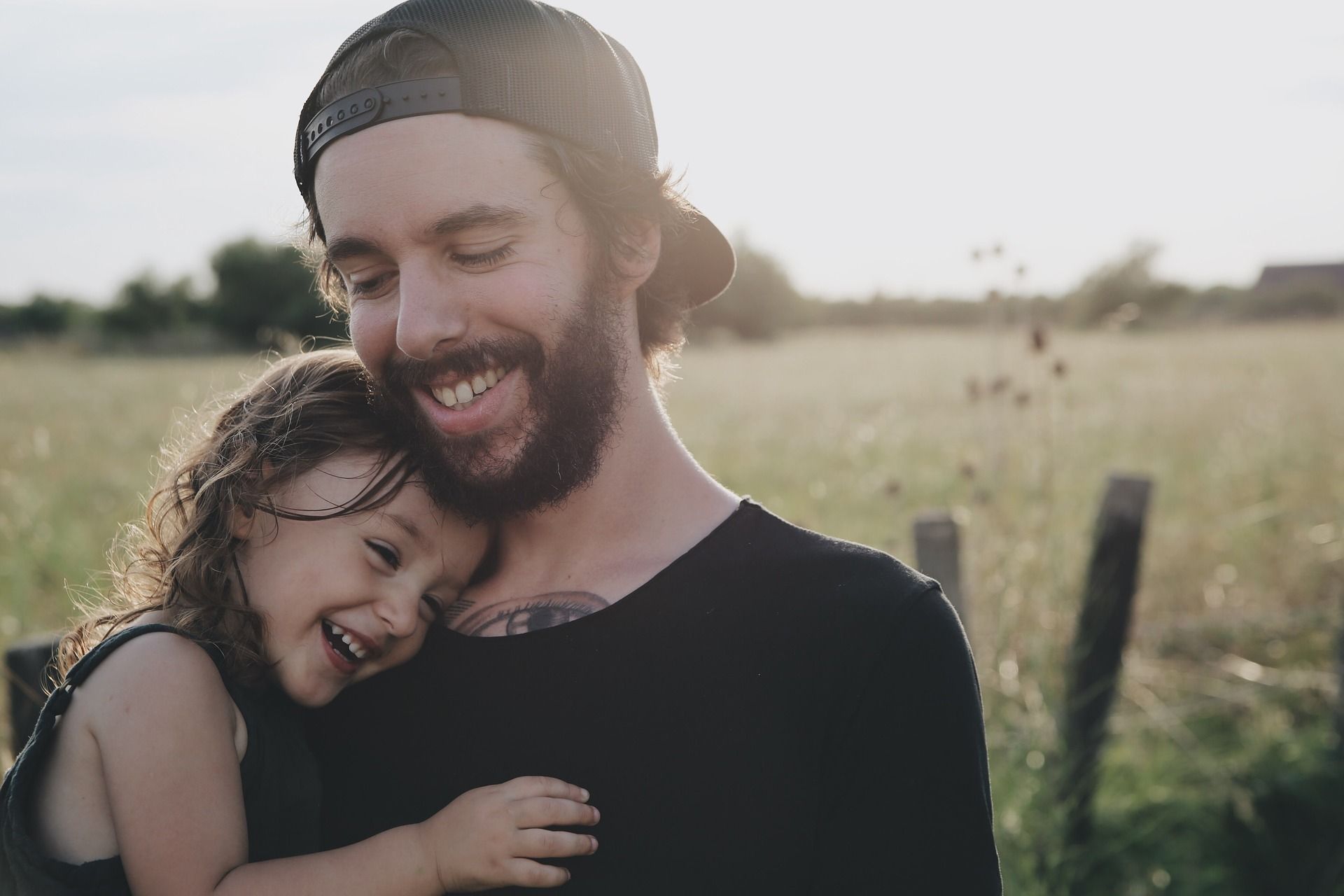ADOPTION & ART ATTORNEYS IN MARYLAND, DISTRICT OF COLUMBIA & VIRGINIA
Open Adoption and Post Adoption Contact
If you are considering adoption for your baby, you have probably come across the term “open adoption.” What does open adoption really mean? And how does it relate to post adoption contact?
Open adoption is an increasingly common type of adoption that allows you to meet or obtain information about the adoptive family and vice versa. Post Adoption Contact allows you to maintain a relationship with your child’s adoptive family long after placement.
Openness in adoption refers to the type and frequency of contact that is shared between adoptive families and the expectant mother during and after the adoption process. There are different degrees of openness.
In a fully open adoption, you might share identifying information with your child’s family, including last names, personal phone numbers, and home addresses. There may be phone calls, text messages, in-person visits, and/or social media use to have ongoing contact with each other.
In semi-open adoption, communication is handled by an adoption professional. Semi-open adoption agreements usually involve the exchange of pictures and letters for varying periods of time but often for the first 18 years of the child’s life. This correspondence is often handled by a third party or company like Child Connect which enables you to preserve your privacy. Some families also choose to keep in touch through emails, phone calls, or other, non-identifying communication methods.
The most important concept with open adoption and post adoption contact is that the parties decide on the level of openness they are comfortable with prior to agreeing to the adoption plan.
Open and semi-open adoption offers many benefits including:
The chance to get to know the adoptive family prior to the birth of the child. This can reassure everyone and in particular the placing parent regarding the adoption decision.
An opportunity to interact at the hospital when the baby is born. This allows everyone to observe each other and increase the level of comfort with the long term adoption goals.
Because of the post adoption contact, the birth parent will always know their child is happy, healthy and well-adjusted and will know what he/she looks like. Maintaining a relationship helps birth parents process feelings of grief and loss following placement.
Updated family medical information can be exchanged. This can help keep the child safe and healthy in case a genetic medical condition is discovered.
Open and semi-open adoption can be a wonderful way for you to provide your child with all of the opportunities an adoptive family has to offer while continuing to play an important role in his or her life. However, some women believe it would be easier for them to process their emotions in a closed adoption. Whatever type of adoption relationship you are looking for, there is an adoptive family out there who is ready and excited to have that type of relationship with you as well.





“We believe in working with each of our clients—in support of their family dynamic—to make the dreams of parenthood a reality. Whether you are single or married; or gay; a step-parent, a surrogate or intended parent or a child of adoption, it is our mission to serve as your advocate. With a dedication to the ethical and sensitive nature of each situation, we will help you understand the laws within Maryland , Virginia and Washington, DC for adoption or surrogacy, and pledge to be your partner throughout the journey.”
- Modern Family Formation Law Offices
CONTACT
All Rights Reserved | privacy policy






